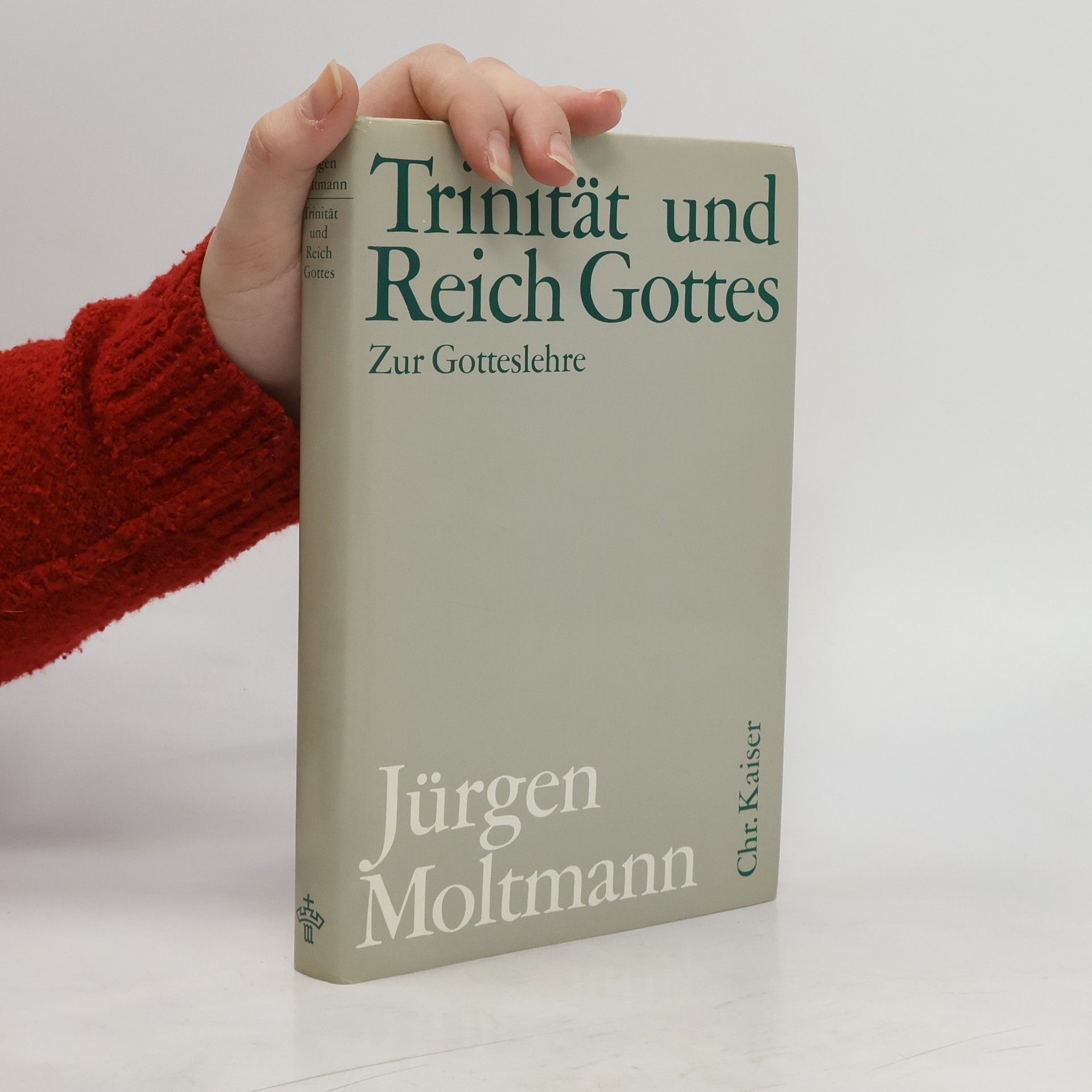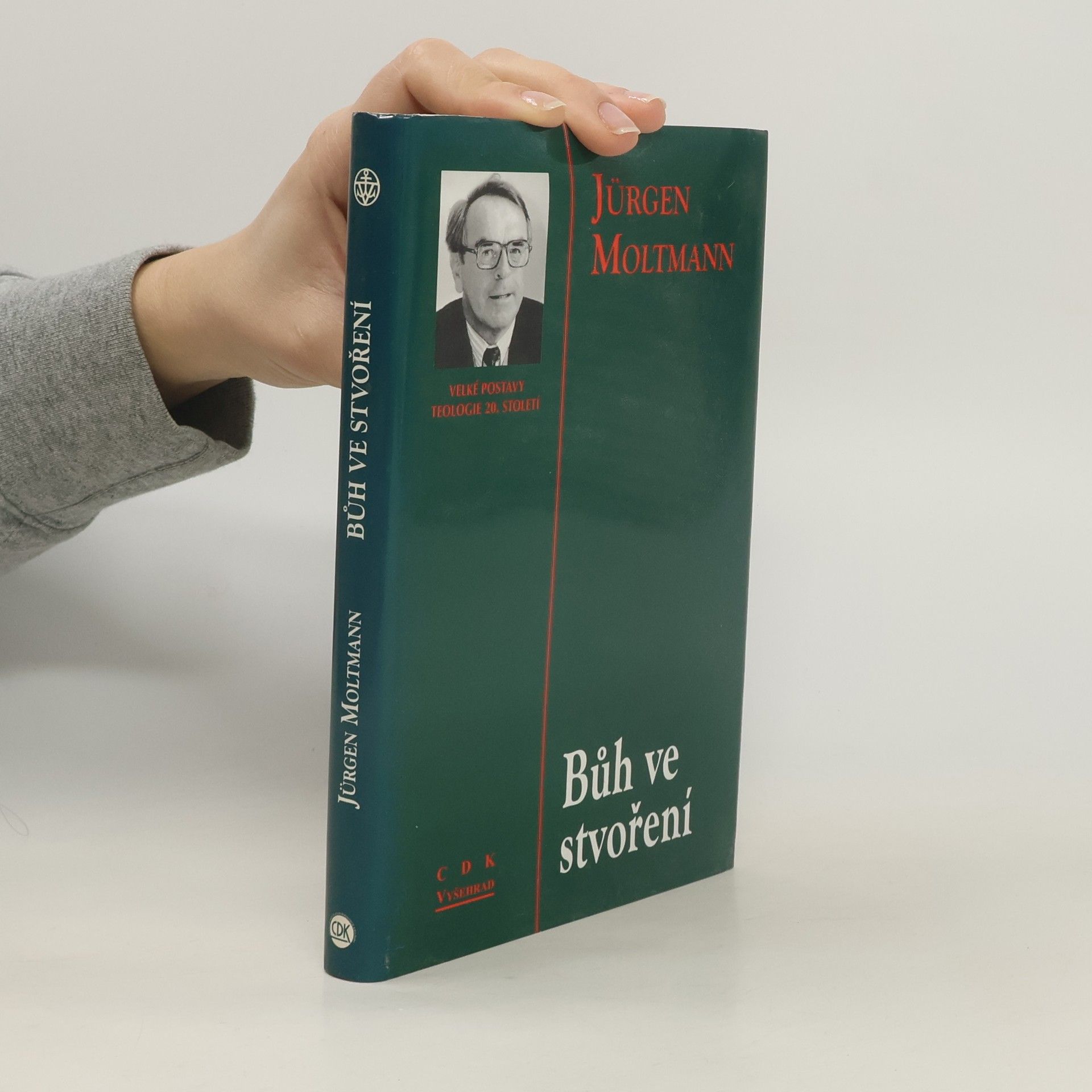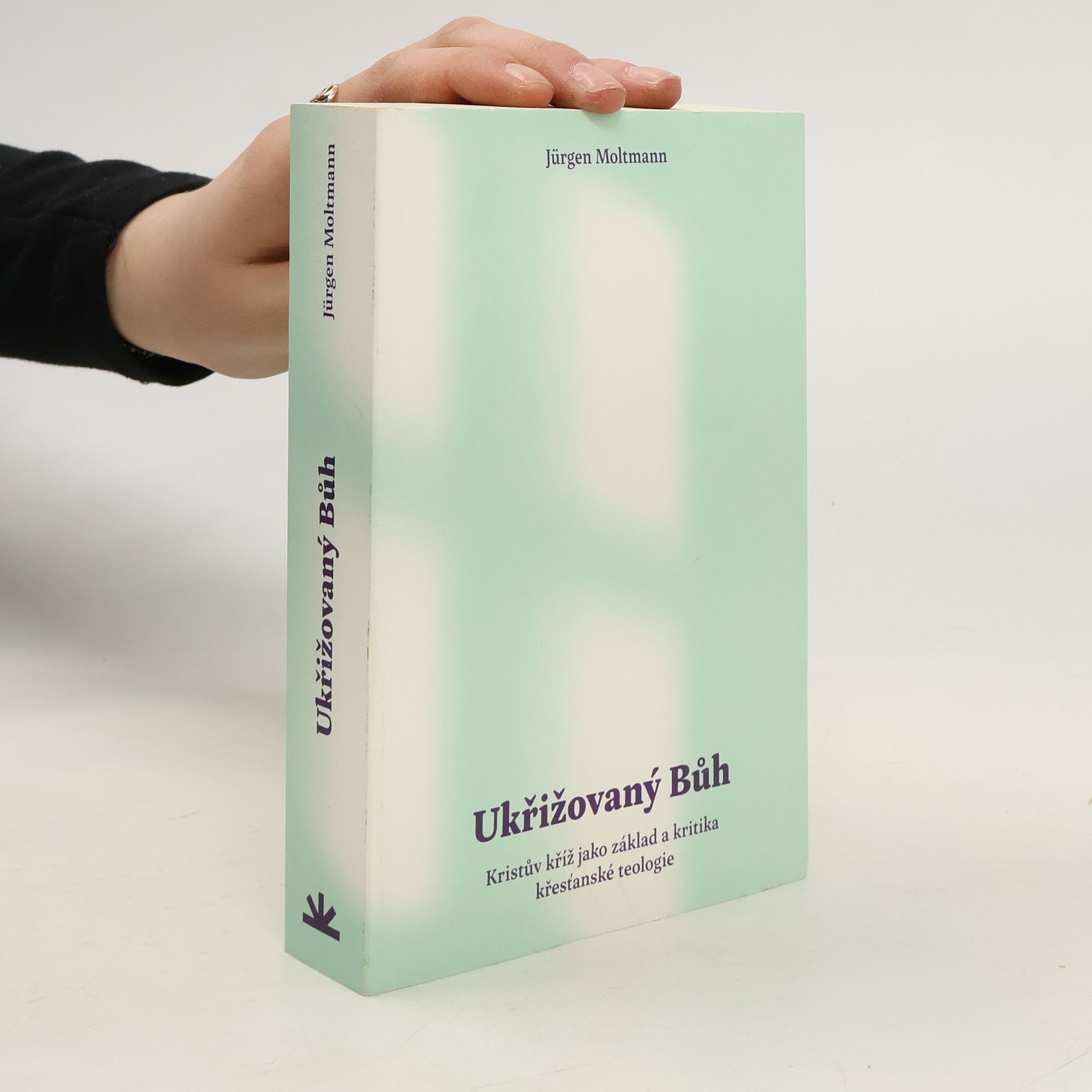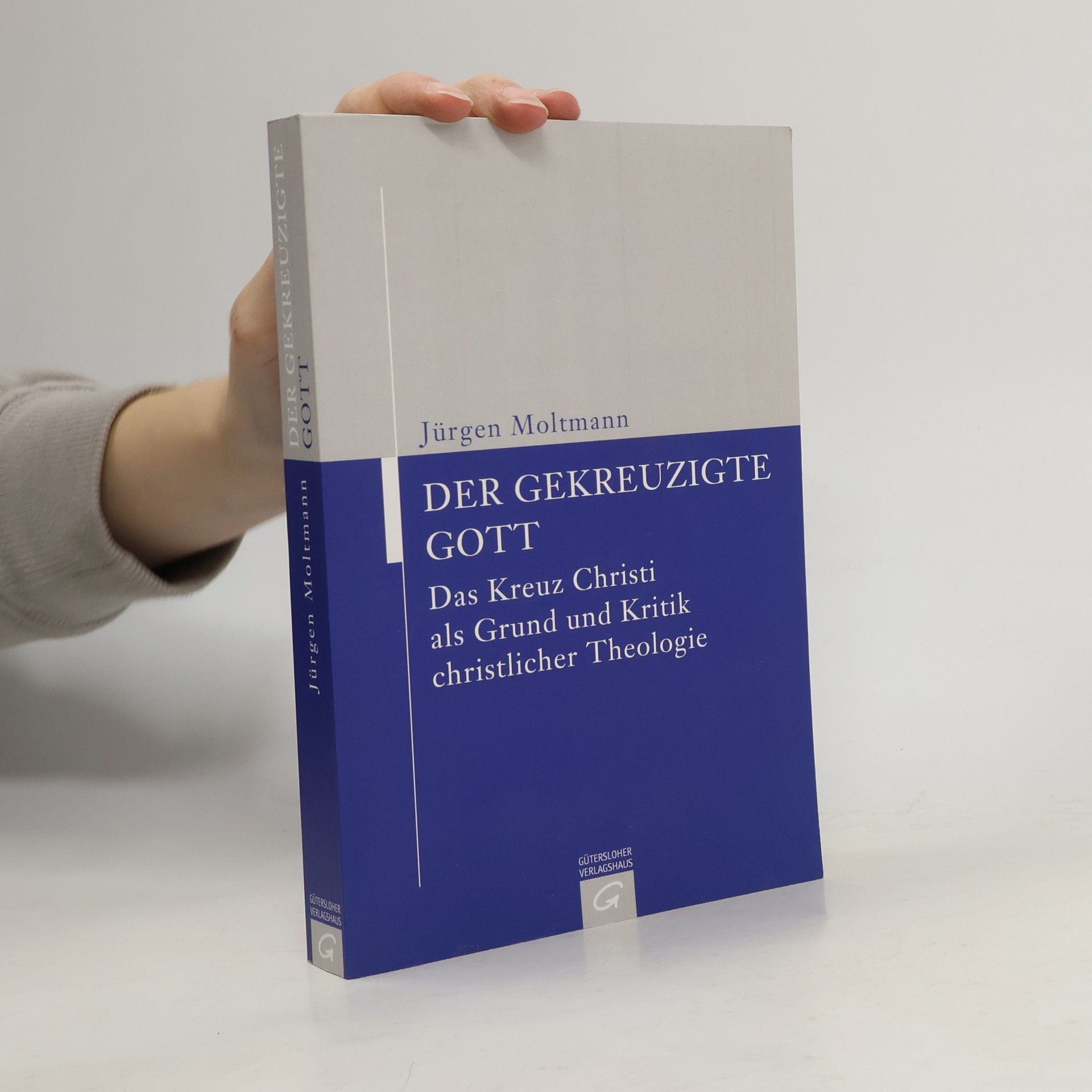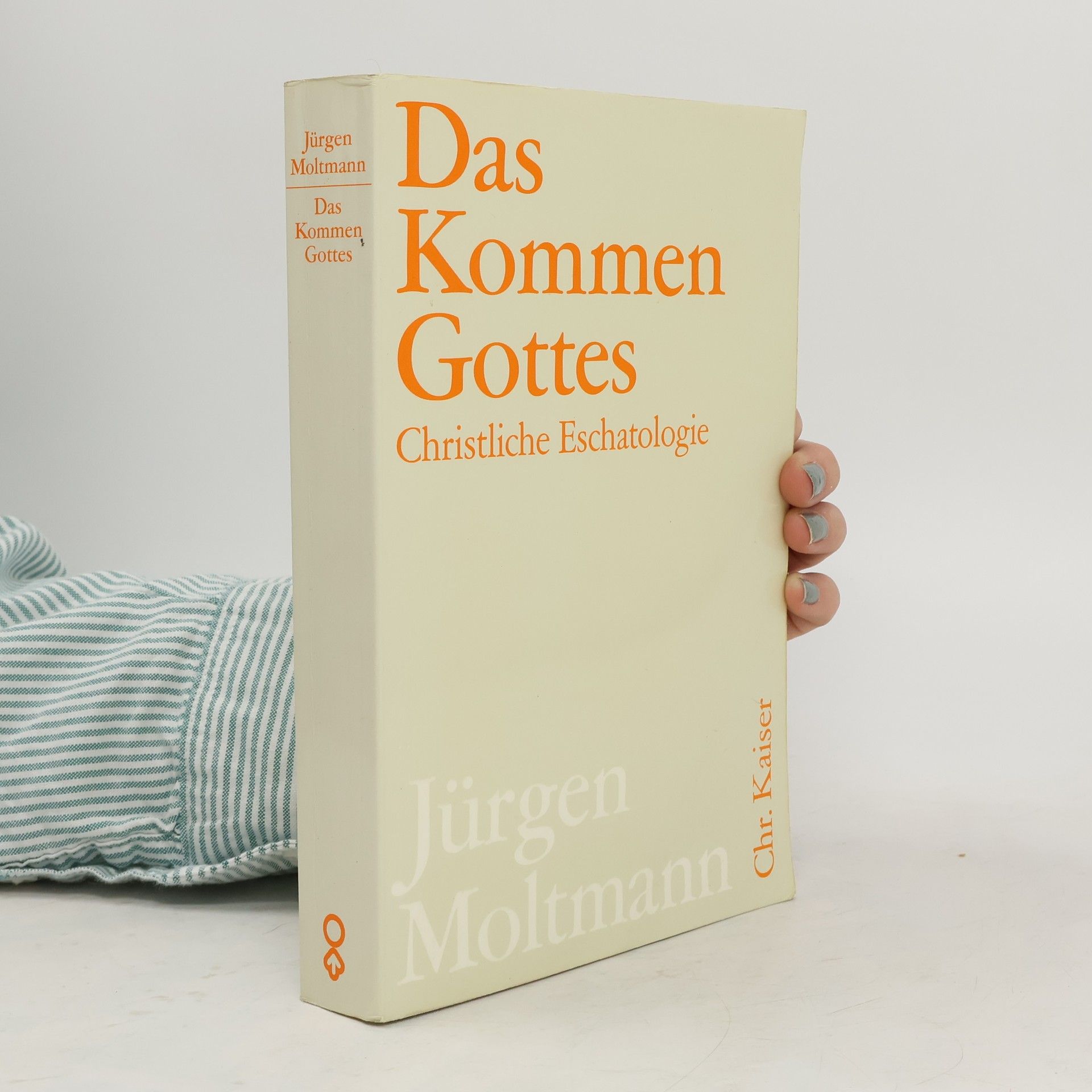Ukřižovaný Bůh
- 468 stránok
- 17 hodin čítania
Nejvyraznější a patrně i nejdůležitější Moltmannova kniha nahlíží celek teologie z perspektivy Kristova kříže jakožto Božího kříže. Právě tímto důrazem se její autor nesmazatelně zapsal do dějin teologie. Odvážil se totiž na trojičním půdorysu domyslet smrt Boha radikálně až do konce: v Ježíši Kristu umírá Bůh Syn a v jeho smrti zakouší i sám Otec smrt svého otcovství. Lidská smrt se tak na kříži stává součástí Božího života, ktery se pak ve vzkříšení prokazuje jako silnější. Moltmann tímto odvážnym pojetím konečně doplnil do mozaiky křesťanské tradice ústřední kamínek, ktery v ní dlouhá staletí chyběl.

